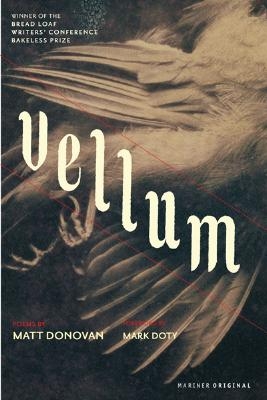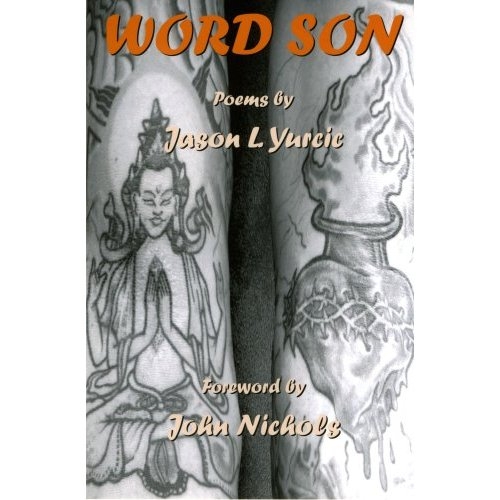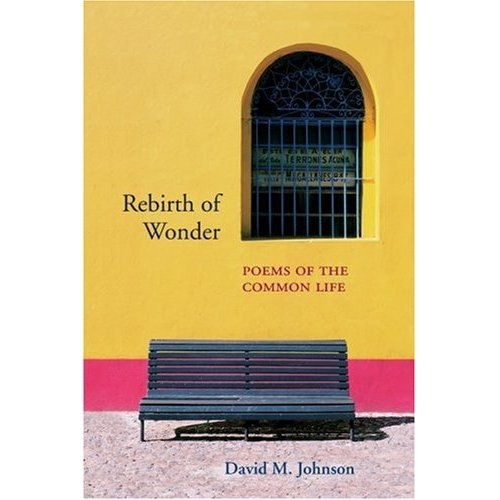Leaps For The Common Life
New And Recent Books From New Mexico Poets




Latest Article|September 3, 2020|Free
::Making Grown Men Cry Since 1992






